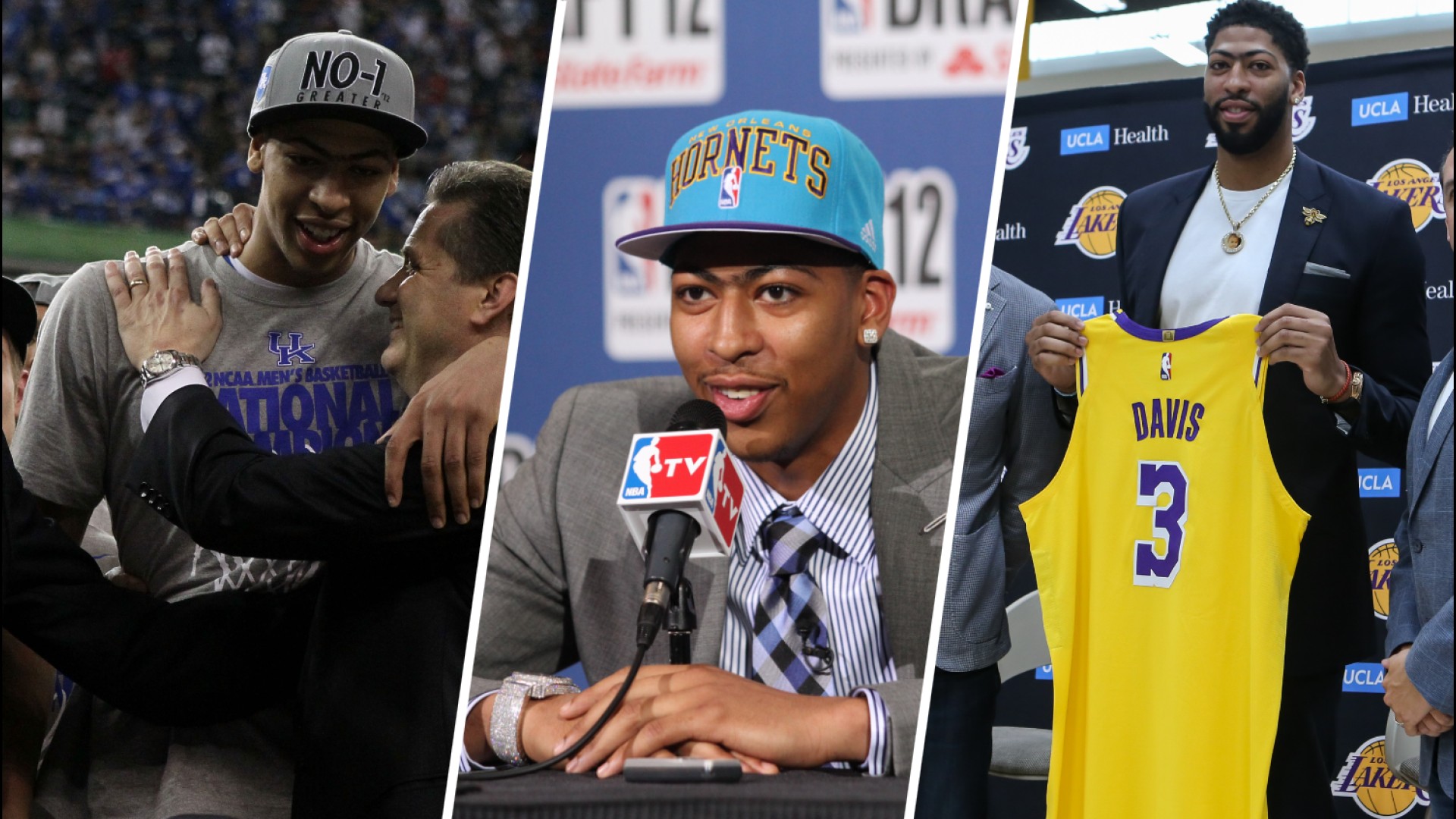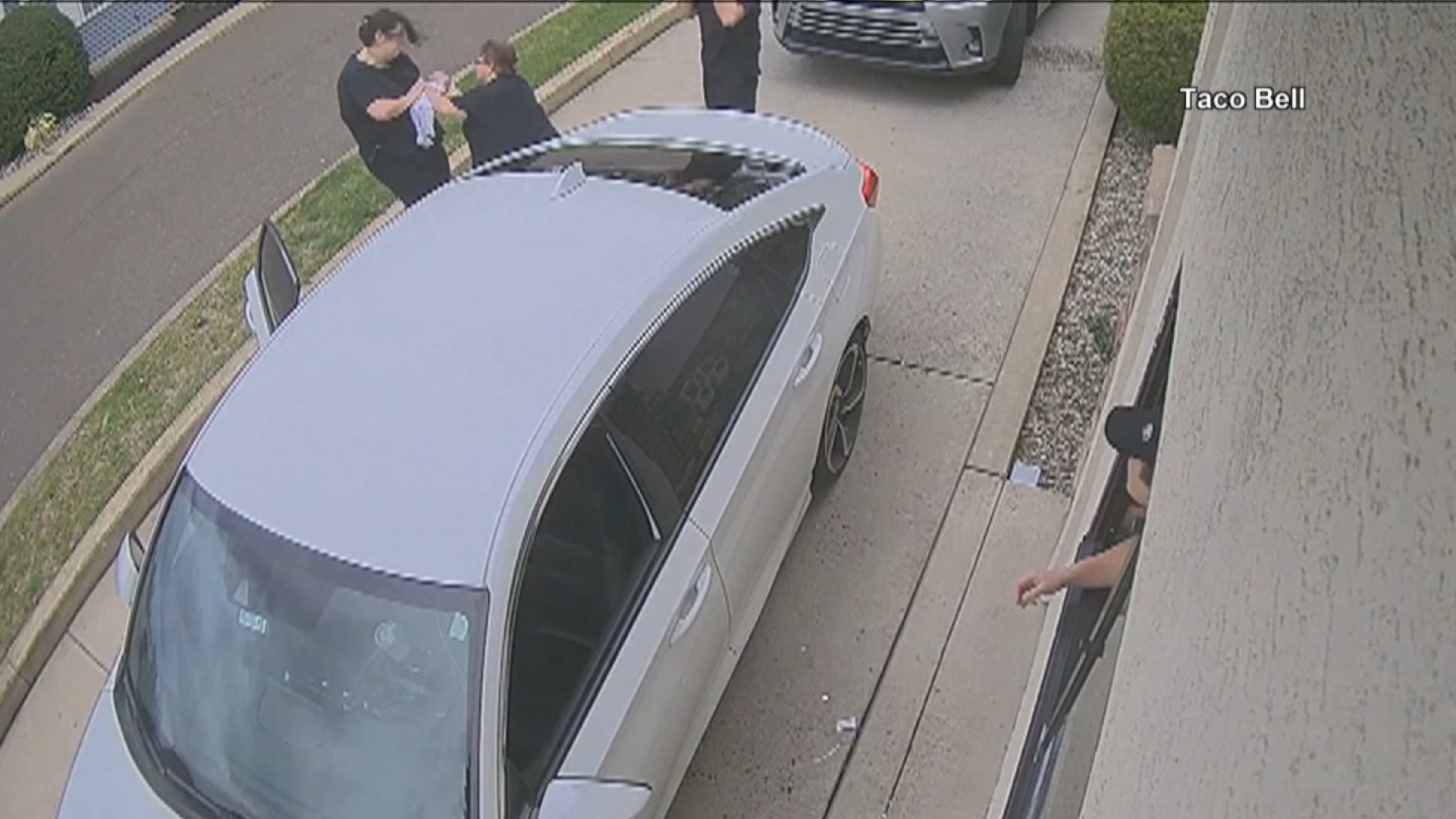
The Philadelphia Phillies were embroiled in some controversy this week that had nothing to do with signing a 35-year-old-and-up ballplayer to a new contract. Let’s see if we can sum up this controversy quickly and succinctly for the uninitiated.
In a story first reported by Aaron Fitt for Baseball America, 2013 fifth-round pick Ben Wetzler decided to spurn the Phillies’ contract offer and return to college. In turn, the Phillies alleged that Wetzler had used an agent present during negotiations, which is in violation of NCAA rules. Wetzler received an 11-game suspension from the NCAA for his part.
It’s said the Phillies accused sixth-round pick Jason Monda of doing the same thing.
Stay in the game with the latest updates on your beloved Philadelphia sports teams! Sign up here for our All Access Daily newsletter.
For the record, this is not a common practice. Deadspin’s Barry Petchesky writes that it’s been over 20 years since the last time a team pulled this, the Chicago White Sox in 1992. Todd Zolecki for MLB.com adds that it is “widely known and accepted” college athletes use an adviser to assist in the negotiations.
The Phillies released the following statement (and yes, this is in full):
"The Phillies did participate in the NCAA investigation and a ruling has been issued. We believe it is inappropriate to comment further on either the negotiation with the player or the action taken by the NCAA."
General manager Ruben Amaro Jr. would later comment further—though he didn’t have much to offer—but we’ll get to that in a moment.
News
The concern for fans is these types of actions will make it harder for the organization to sign their draft picks in the future. Fitt quoted one agent as saying they’re shutting down communications with the Phillies. And just put yourself in a kid’s shoes—if you are weighing the option of going to college and you get drafted by the Phils, are you even going to talk to them and risk getting tattled on?
For what it’s worth, Amaro denied that the club’s actions will have any impact on future negotiations with draft picks. Phillies beat writer Dennis Deitch posted this exchange with the GM on his blog:
Q: Are you worried about how this could affect your ball club?
RAJ: No, I'm not.
Q: Do you think it could affect you, getting on college campuses, checking out guys, and in future drafts?
RAJ: I think people know we do things professionally and the way we go about our business. So I think our reputation is very good.
That may seem like an overly simplistic way of looking at the potential fallout over this situation, yet how much of a black mark this leaves remains to be seen. Pro sports teams have gotten over all sorts of shady dealings and continued to go about their business as if nothing ever happened. If a young person wants to play professional baseball and they’re drafted by the Phillies, they’ll sign if the price is right.
Those thoughts were echoed by an agent adviser Nick J. Faleris spoke to for Baseball Prospectus.
It definitely will not help [the Phillies] for the draft, and I think the trust level has gone down to zero. I think they will see some backlash, and they may have to alter their draft board a little, but in the end money still talks…they will still draft and sign quality players. I have seen quotes today from agents stating that the ‘Phillies are not getting into any more of our households’ and I have to laugh. I thought the advisor/agent works for the client and the client determines who he does and does not talk to?
The real question on everybody’s mind though is, “Why?” And it appears to be the one we’re not going to get an answer to. Amaro repeated it would be inappropriate to discuss the specifics behind the negotiations.
The Phillies gained nothing from this but backlash and quite possibly hard feelings in future negotiations as far as anybody outside the organization can tell.
If it was just one athlete, that might make it a little easier to at least try to look at the situation from the Phillies’ point of view. The fact that it was two kids though with two different advisers per Fitt—and that there was no real benefit to turning them in even if they were in violation—makes it even more difficult to see the team’s side.


